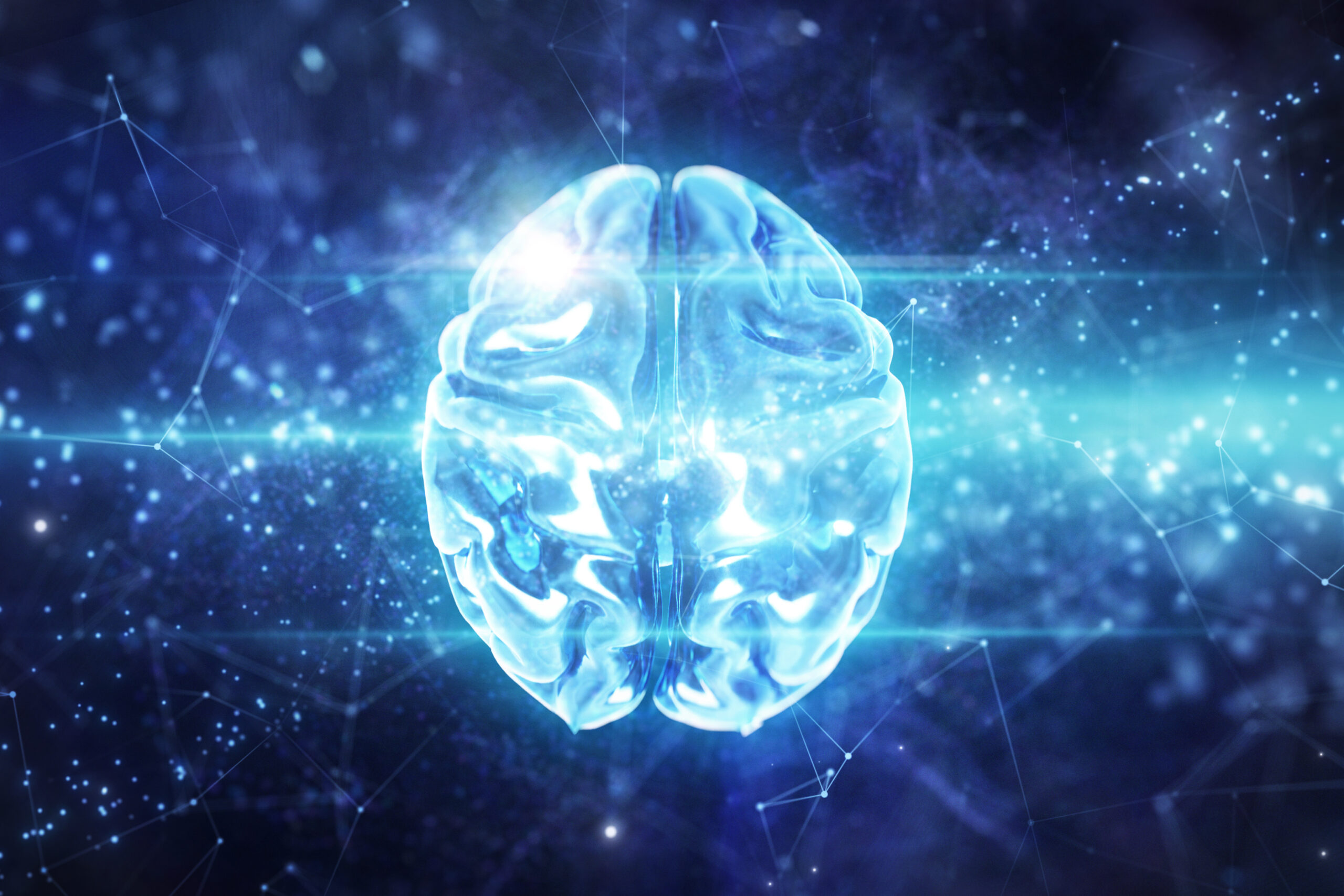Our research aims to:
- Develop new, more expressive, theories and models of human cognition.
- Produce non-reductive understandings of information and human information interactions that account for the experiential dimension.
- Use holistic approaches to learning in order to expand the boundaries of learning analytics.
Main themes of our research are:
Our PhD students are currently researching in:
- Curiosity and Learning
- Information Enaction – an experiential view of information
- Meaning-making in reflective writing analytics using interactive data visualization
- Trust in two minds: A quantum-like approach towards a cognitive theory of trust decisions
Our research projects
Quantum Cognition

Modelling and calibrating trusted interactions between a human agent and AI system: A combined quantum-cognitive and EEG based approach.
The aim of this project is to model a human agent’s dynamically involving trust expectation of an AI system. This will be driven by novel research into interactive trust, by combining theories from quantum cognition and cognitive neuroscience, with the aim of producing innovative theory-backed approaches. The outcomes of this project will comprise: A quantum-trust-prediction model that adapts its behaviour based on real-time detection of trust related neuro-correlates, robust analysis methods (both post hoc and real-time) for identifying the neuro-correlates of humans updating their expectations of reliability (per individual and across subjects) and an understanding of trust in the context of embodied autonomous systems.
Consciousness and attention: a novel theory, experiments, and applications based on quantum cognition.
The aim of this project is to provide more comprehensive mathematical characterization of the contents of consciousness, or qualia. In traditional mathematical models of qualia, a particular quale is assumed to be reducible to a point in high dimensional space. Such models are incompatible with known properties of qualia, yet they continue to play a role largely due to a lack of alternatives. This project proposes an alternative based on the assumption that qualia are like quantum particles. Accordingly, qualia are modelled as quantum-like observables that interact with the world through the medium states, which involve sensory inputs and attentive processing. The outcomes of this project will comprise: A a novel dynamical model of qualia in consciousness and associated empirical methods to assess its validity.
Advancing the cognitive understanding of Pure Experience by means of quantum-cognitive models and neurocognitive/phenomenological methods.
This project aims to advance the cognitive understanding of Pure Experience by means of quantum-cognitive models and ‘no-report’ empirical methods. Pure Experience is when we unexpectedly enter into a unified, direct, effortless state where we perform an activity pre-conceptually and spontaneously, in a manner devoid of over-thinking and subject-object duality. Pure Experience has been reported by both athletes and musicians as states of “flow”, by meditators as states of timeless, unified, awakened peace, as well as when expert intuition is functioning. Pure Experience has been explored in philosophy for more than 100 years, most prominently by the philosophers William James and Kitaro Nishida. However, within cognitive science, Pure Experience has received scant attention with no accepted theories and associated empirical methods for exploring and understanding it. The project is based on a clear, empirically testable hypothesis: Pure Experience correlates with temporally non-local cognitive states. The outcomes of the project comprise: Novel quantum-cognitive theories with associated experimental protocols, open-source data sets, and seeding a transdisciplinary research community to seed further research into Pure Experience.
Cognitive Trust

Specific areas of investigation include:
- Exploring the cognitive and phenomenal basis of trust in human beings
- Computationally modelling the dynamics of human expectations of trust when interacting with AI
- Identifying the neural signature of human trust judgement
Reflexivity & Learning

Specific areas of investigation include:
- Computational analysis of reflective writing for insights into learning and wellbeing
- The role of abductive reasoning in reflexive experience and knowledge
- Interactive visualisation and meaning-making with learning analytics
- Detecting and supporting curiosity in learners